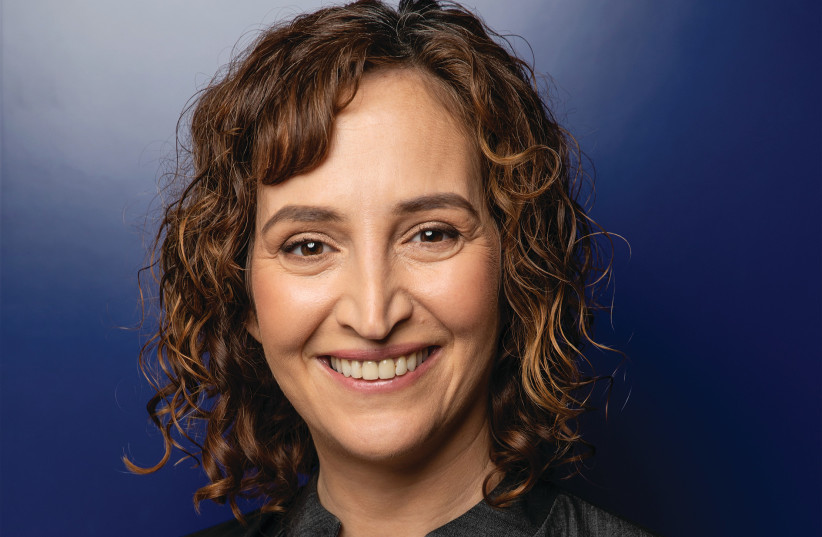Six months after Eynat Guez, the head of one of Israel's most successful unicorns, threatened to withdraw all of the company's funds from Israel, she told The Jerusalem Post that despite everything, "I want to live here. I want my kids here."
"I had a meeting with someone actively involved in the US administration, and he said the problem in Israel is that you all think about things from the heart, and it is not pragmatic enough," Guez said during an interview for the "No Limits: A New Era of Start-ups" podcast - a joint project of The Jerusalem Post and New Era Capital Partners. "And I said, this is not the problem. It is actually the best thing in this country. We all bring our hearts in. We really like this country; we want to live here. We want to make it better."
Guez, CEO of cloud-based payroll platform Papaya Global, tweeted in January that "following Prime Minister [Benjamin] Netanyahu's statements that he is determined to pass reforms that will harm democracy and the economy, we made a business decision at Papaya Global to withdraw all of the company's funds from Israel."
The company would not comment on whether or not the funds were removed. Guez has been among the most outspoken members of the high-tech community against judicial reforms. She stressed, however, that the goal is not to counter the government but to "make sure we are doing our best effort to protect the assets we built in this country."
The CEO attributed her company's ability to grow in Israel to the "fantastic environment we had here in the last five years." The company’s valuation is $3.7 billion and it has hubs worldwide.

American investments in Israel
She said it is difficult to convince American investors to put vast amounts of money into Israeli companies when they have many other choices. But Israel has succeeded despite the security situation because "the Israeli government made the terms to provide confidence" in an Israeli investment. "I don't think they did much to actively support tech, but they did not interfere."
Guez said to ensure continued success, Israel needs to maintain freedom of choice. She likewise lamented that over the last six months, some leaders have tried to paint the high-tech community as against religious people and Arabs.” On the contrary, she said, the tech sector has thrived on diversity and invested heavily in bringing more ultra-Orthodox and Arab workers into their companies - creating an accepting environment, "and that is what I want the country to be.
"Israel needs to be a place of pluralism," she continued. "People need to live according to their values and not any other set of values."
Although most of her employees and investors supported her, Guez also came under fire for being so vocal against the reforms. Some said her threats could lead investors to pull out of the country and harm the economy. In April, Moody's credit rating agency cut Israel's outlook from "positive" to "stable," warning that judicial reforms should not be passed without consensus or the country risked financial backlash.
But Guez said she has no regrets.
"If you see something wrong and can help, then it is your responsibility to do that," she told the Post. "I do not need everyone to like me. If you try to be a person everyone likes, that might work, but I am not that kind of person. If a bigger goal is served, I don't mind coming under fire."
The full interview with Guez will be released at the end of June.
